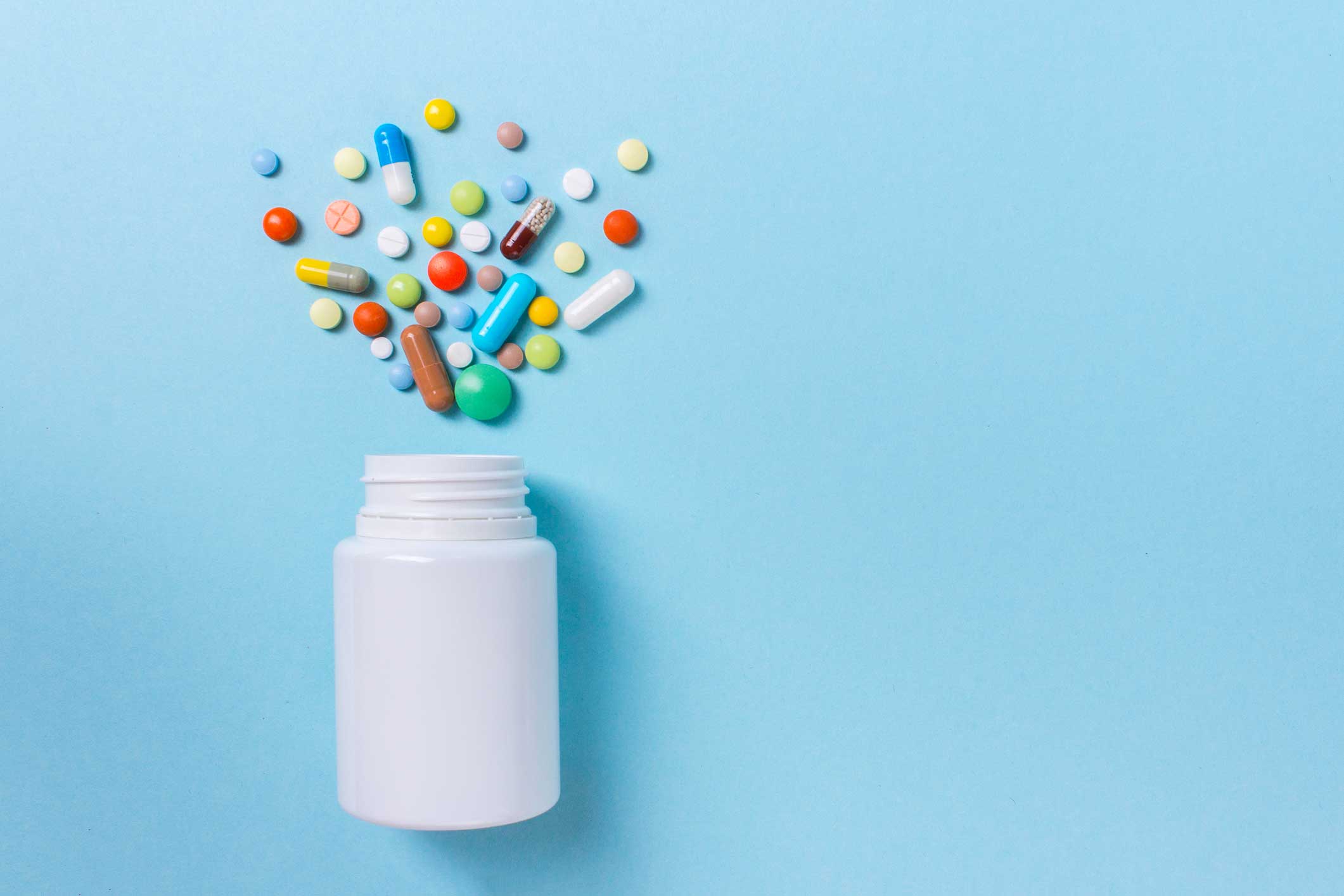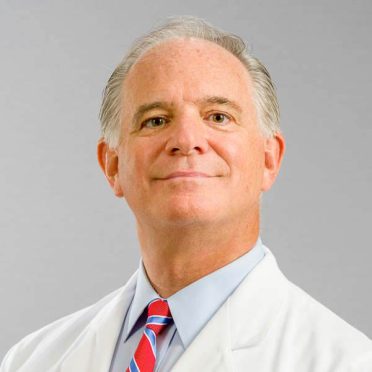Heart disease varies from one person to another, as does the type of medication prescribed to take care of it. What doesn’t change is the need to understand what medicine you’re taking, follow the instructions and know what the potential side effects.
“It can be confusing to keep medications straight, so it’s OK to ask your healthcare provider or the pharmacist to explain things,” says Dr. Howard Haronian, chief medical director and vice president/East Region of the Hartford HealthCare Heart & Vascular Institute. “Ask questions, too, if you feel different once you start taking them. Some have side effects that can include dizziness or gastrointestinal disruptions.”
These are medications often given to people with heart disease:
- Aspirin – Research has shown that a daily aspirin reduces the risk of heart attack in patients with hardening of the arteries because it prevents the blood’s platelets from sticking together as clots.
- Aldosterone inhibitors – Acting as diuretics, these block the chemical aldosterone to help prevent salt and water retention. They also prompt your kidneys to get rid of unnecessary water and salt through urine.
- Angiotensin-Converting Enzyme (ACE) inhibitors – They widen the arteries, making it easier for the heart to pump blood and lowering your blood pressure. Possible side effects include coughing, dizziness, fluid retention, kidney problems or an excess of potassium in the bloodstream.
- Angiotensin II Receptor Blockers (ARBs) – These can be used if you have heart failure to lower your blood pressure by keeping your blood vessels as open as possible so the blood flows easily. They also help with water and salt retention.
- Anticoagulants – Commonly called “blood thinners,” these decrease your blood’s ability to clot and prevent clots from getting larger, although they do not dissolve existing clots. They can be prescribed to prevent stroke.
- Beta blockers – By blocking the effects of adrenaline, these help your heart beat slower and with less force, lowering your blood pressure. Possible side effects include dizziness, fatigue, depression, diarrhea, mental confusion, headaches, rash, heartburn or shortness of breath.
- Calcium channel blockers – These interrupt the movement of calcium into the cells of your heart and blood vessels, relax your blood vessels and increase the flow of blood and oxygen to the heart. That helps reduce blood pressure and treat chest pain. Possible side effects include headaches, dizziness, nausea, edema and weakness.
- Cholesterol-lowering drugs – Cholesterol buildup on your artery walls boosts your chance of a heart attack or stroke. To address that, you can combine a healthier diet with these drugs (statins). Possible side effects include abdominal pain, gas, constipation, diarrhea, headaches and weakness.
- Digitalis/Digoxin – This strengthens your heartbeat, allowing your heart to pump more blood if you have heart failure or irregular heartbeats such as atrial fibrillation (AFib). Possible side effects include nausea, loss of appetite, diarrhea, mental confusion, blurred vision or heart palpitations.
- Dual Antiplatelet Therapy (DAPT) – If you’ve had heart attacks or have stents, you may be treated with two different antiplatelet agents, one of which is aspirin, to prevent clotting.
- Diuretics – Your heart pumps better if you retain less unnecessary water and salt. Diuretics help the body rid itself of the excess through urination, helping ease the heart’s work, reduce high blood pressure and improve breathing. Possible side effects can include leg cramps, dizziness, gout and rash.
- Potassium – People on diuretics urinate more and can develop a potassium deficiency, which can cause abnormal heart rhythms. You may need a supplement.
- Proprotein convertase subtilisim kexin type 9 (PCSK9) inhibitors – This new class of cholesterol-lowering drugs may be prescribed if diet adjustments and statins don’t help. They block PCSK9, a liver protein that prevents the liver from ridding your body of LDL (bad) cholesterol.
- Vasodilators/Nitrates – Patients who cannot take ACE inhibitors are given these to relax the blood vessels, allowing the blood to flow easier and relieving chest pain. They come in tablets to place under the tongue or swallow, a patch or a cream to apply to the skin. Possible side effects can include light-headedness and headache.
- Warfarin – You may be given this to prevent clots your body may be forming or if you have a condition that may cause them.
“We have many options to help people with cardiovascular disease live full lives,” Dr. Haronian says. “Working one on one with each patient, we can find ways to address symptoms so they can feel better.”
Primary care providers can often help if you have high blood pressure or other types of heart disease. For information on more advanced levels of care available at the Heart & Vascular Institute, click here.


